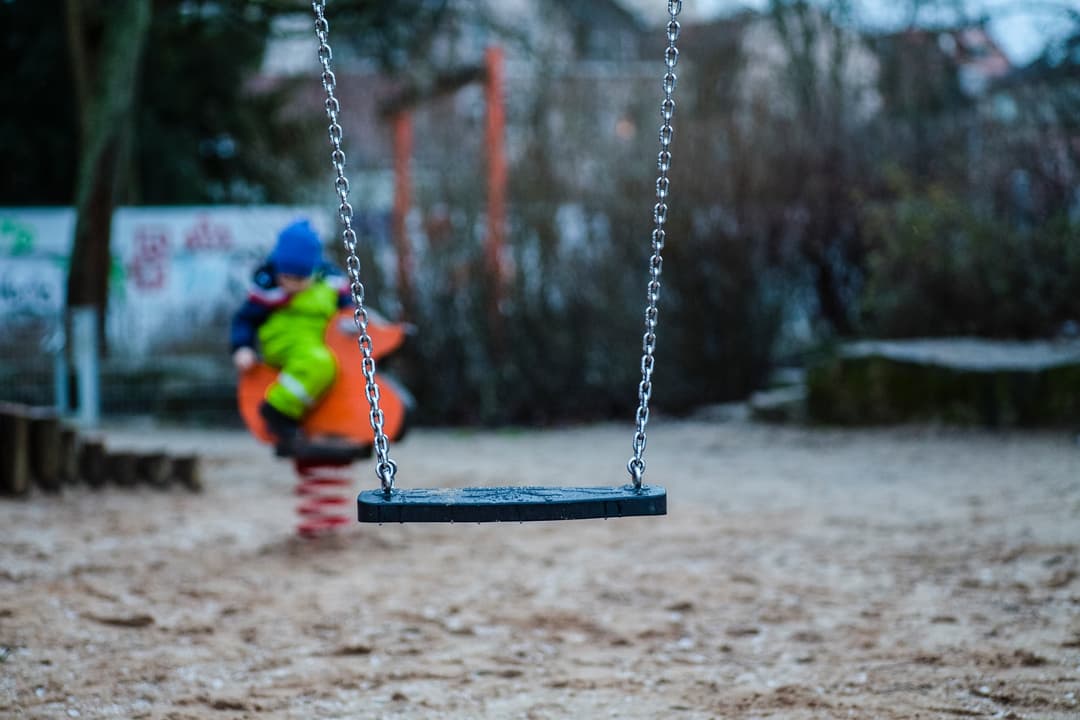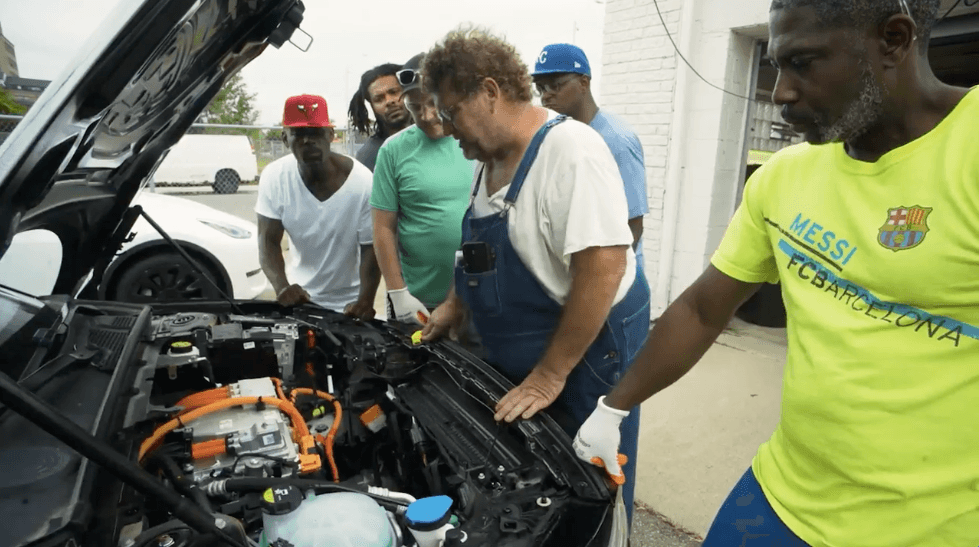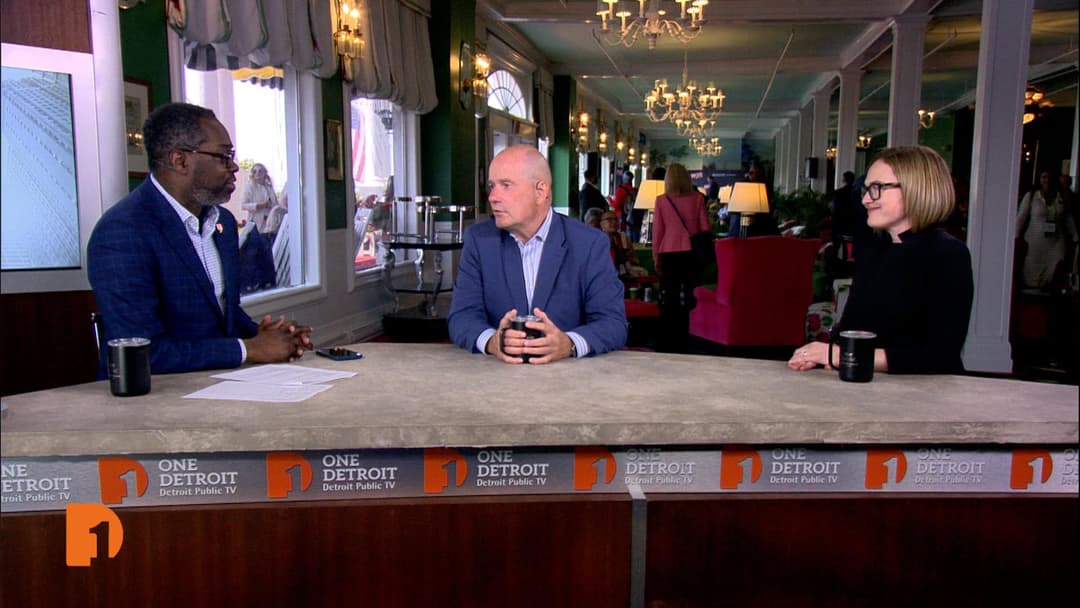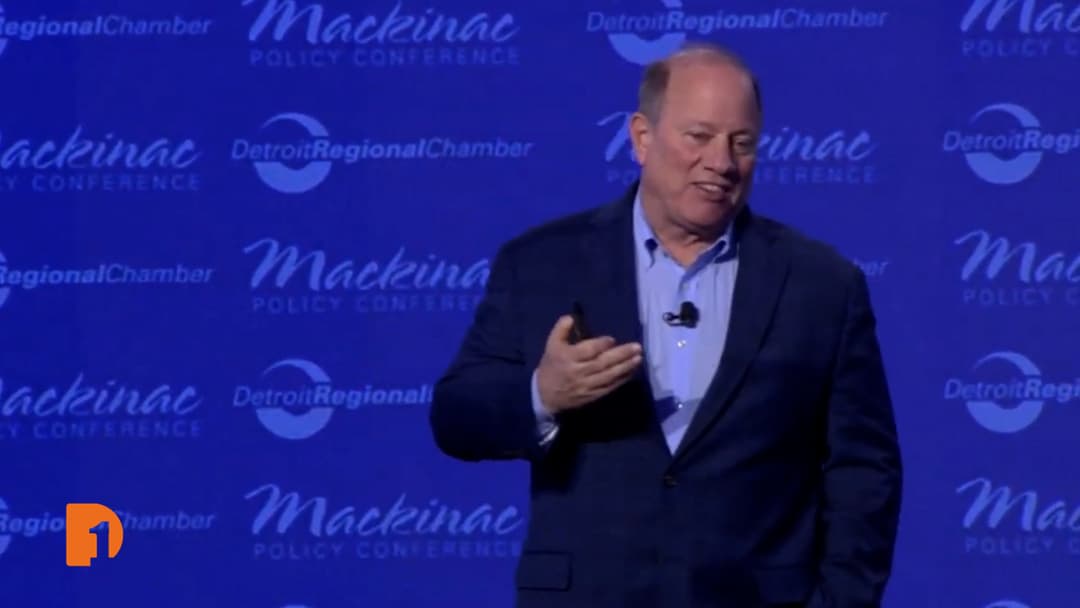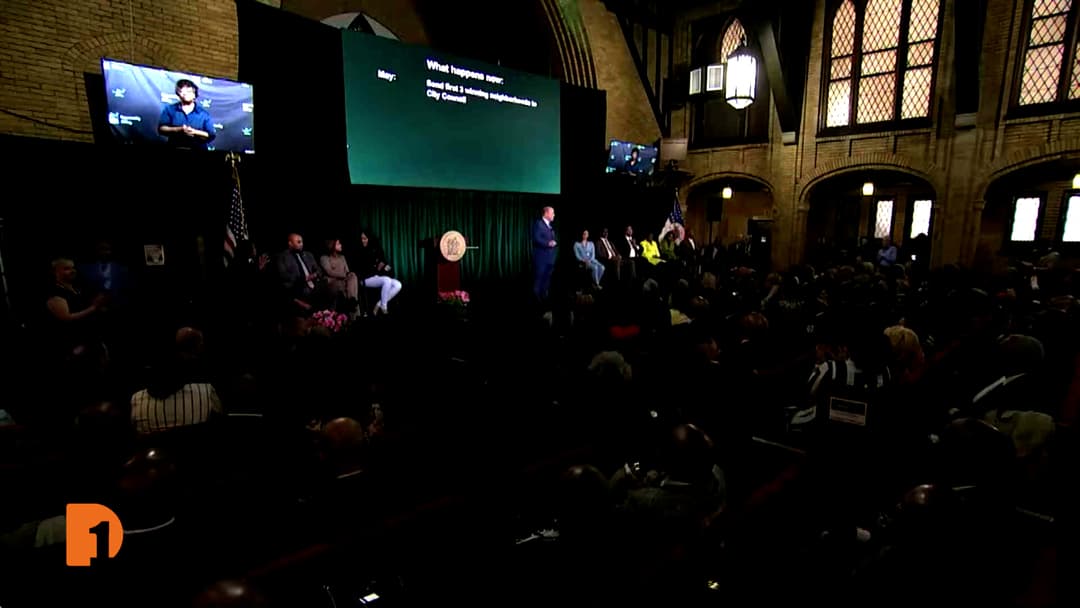
Making the Case for Young Children
Jun 2, 2017
The question to Mayor Duggan was blunt: How do we make Detroit a great place to raise a young family? It’s the question that the Kresge and Kellogg Foundations have been jointly exploring in an citywide initiative called “Hope Starts Here.”
Hope Starts Here is focused on early childhood and educational services within Detroit for children from birth to age five. The initiative has engaged more than 6,500 center operators, teachers, researchers, and parents from across the city in community conversations and strategy meetings since the beginning of the year. A Thursday luncheon at the Mackinac Policy Conference provided an introduction and an update on the project.
[et_pb_video _builder_version=”3.2.2″ src=”https://youtu.be/gvYKZCM47R0″ image_src=”//i.ytimg.com/vi/gvYKZCM47R0/hqdefault.jpg” /]
La June Montgomery Tabron, CEO of the Kellogg Foundation, when the Grand Bargain was struck to end bankruptcy proceedings in Detroit, everyone was aware that “education was unfinished business.” Dealing with child care issues results in $3 billion dollars in absenteeism and lost business productivity each year, she said, saying “This is a workforce issue.”
While the Kresge Foundation may be best known for its investment in big projects like the Q-Line, Campus Martius and the Riverfront, CEO Rip Rapson says transformational investments foundations are making in Detroit “ultimately have to be about the people.” While he acknowledged that Detroit faces issues in K-12 education as well as early childhood, he defended the focus on early childhood “If you start with the premise that all kids need to be ready to enter the school house,” he said, “you avoid being swamped by trying to take on too much at once.”
It’s a focus that Larry Simmons of the Brightmoor Alliance says can make a real difference for people in his neighborhood, where there are only 300 pre-school slots for a thousand young children. He also argued for more education and support for their parents. “Most parents who love their children don’t have a clue what they need to be healthy,” he said. “The community is eager to do what is necessary to create opportunity for their children – they don’t know what to do.”
Simmons said parents are willing to do whatever is necessary for their children to succeed and have better lives than they do. Mayor Duggan agreed. When times are tough, he said, the last thing parents will scrimp on are their kids. But he complained that at the legislature – where discussions are underway about cutting the state income tax – the first cuts “are to the children.”
The Hope Starts Here recommendations are scheduled to be released later this summer. They are expected to focus on strategies to align early childhood resources at the neighborhood, city and policy levels over a ten-year timeline.
Rapson said plans call for a series of funds to build and renovate world-class day care and pre-school facilities in the city, provide universal screening for children at key milestones of their lives, and provide opportunities and supports for the teachers working in the early childhood arena. In the end, he added, Hope Starts Here needs to be “deeply grounded in community voice and community identity and community aspiration.”
But paying for it all, Rapson acknowledged, is very complicated and will require participation not just from the foundations, but also from lawmakers and businesses.
(NOTE: Georgeann Herbert, who authored this post, and Tara Hardy of DPTV have both been participating in strategy conversations as part of the Hope Starts Here project. Both the Kresge and Kellogg Foundations provide financial support to Detroit Public Television.)
Stay Connected
Subscribe to One Detroit’s YouTube Channel.
Catch the daily conversations on our website, Facebook, Twitter, and Instagram @detroitperforms
Related Posts
Leave a Reply
Your email address will not be published. Required fields are marked*





